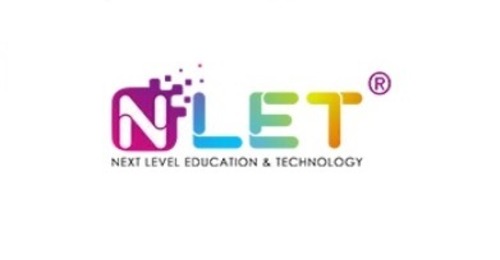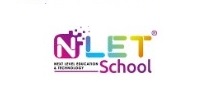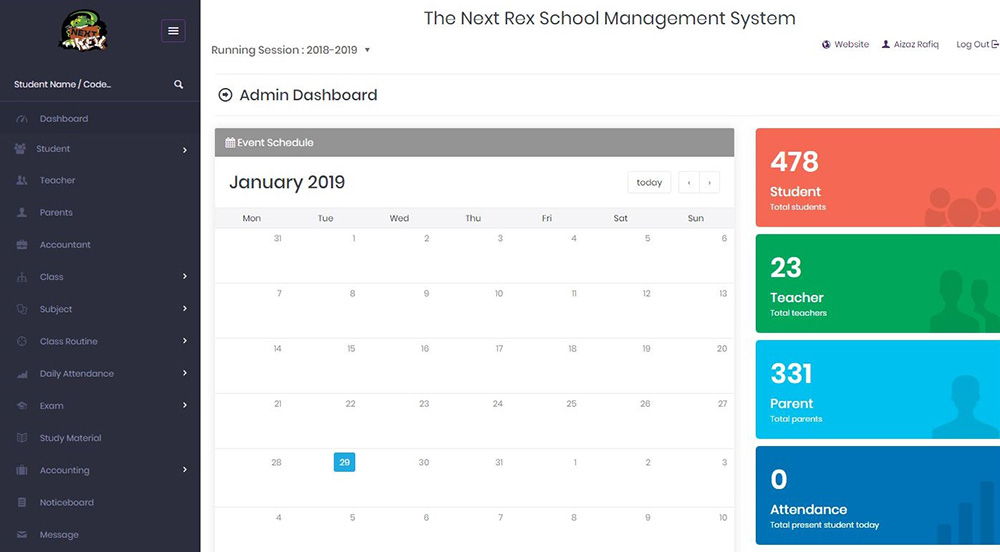5 Reasons Why School ERP Software is Important

In today’s fast-paced world, where technological advancements are transforming every sector, the education industry is no exception. Schools are becoming more efficient by adopting new tools to manage their daily operations. One of the most effective tools being implemented is School ERP software. This system is designed to simplify and automate various administrative and academic processes within schools. But why is it so crucial? Here are five reasons why School ERP software is important for any educational institution.
Click Here: Get a 7 Day Trial
1. Streamlining Administrative Processes
Running a school involves a wide range of administrative tasks, from managing student data to handling staff schedules, inventory, and finances. Traditionally, these tasks were done manually, often leading to errors and inefficiencies. However, with the introduction of School ERP software, these processes can be automated, reducing the workload for administrative staff and ensuring that data is consistently accurate.
For example, managing student records, attendance tracking, and even financial management can be done in a centralized system. This reduces paperwork and saves time, allowing school administrators to focus on more important tasks such as improving educational outcomes and addressing student needs.
2. Enhanced Communication and Collaboration
One of the most significant advantages of School ERP software is its ability to improve communication within the school ecosystem. A school’s communication network involves students, parents, teachers, and administrative staff, all of whom need to stay informed about various updates, events, and academic progress.
With School Management Software, teachers can easily share updates regarding student performance, homework, and important notices directly with parents through an integrated communication portal. Parents can access this information in real-time, ensuring they are always aware of their child’s progress. This system fosters better collaboration between teachers and parents, improving student performance and satisfaction.
Moreover, staff can communicate effectively within the platform, ensuring a seamless flow of information without the risk of miscommunication.
3. Efficient Resource Management
Another area where School ERP software shines is in resource management. Schools need to manage various resources such as classrooms, libraries, computer labs, and transportation services. Without a centralized system, it can be challenging to keep track of these resources and ensure they are used effectively.
School ERP software offers modules that allow schools to manage their resources efficiently. For example, library management modules can track which books are available, issued, or overdue, while transportation modules ensure that buses are operating smoothly and students are assigned to the correct routes.
This efficiency ensures that the school’s resources are used to their maximum potential, minimizing waste and ensuring that both students and staff have access to everything they need.
4. Data Security and Accessibility
Data management is one of the most critical concerns for any educational institution. Schools store a vast amount of sensitive data, from student personal information to academic records and financial details. This data must be kept secure to protect the privacy of students and staff.
School Management Software provides a secure platform for storing and accessing this data. With features such as encrypted data storage and role-based access control, only authorized personnel can access sensitive information. This ensures that data is not only protected from unauthorized access but also available to those who need it, whenever they need it.
Additionally, School ERP software enables data accessibility from anywhere, especially in cloud-based systems. This is particularly useful for schools with multiple campuses or staff who work remotely. Having access to real-time data helps in making informed decisions quickly, contributing to overall school management efficiency.
5. Improved Decision Making
When running a school, having access to accurate and up-to-date data is essential for making informed decisions. Whether it’s financial budgeting, student performance tracking, or resource allocation, School ERP software provides detailed analytics and reports that help school administrators make better decisions.
By using School Management Software, school leaders can identify trends in student performance, monitor teacher effectiveness, and evaluate operational costs. These insights are invaluable for creating strategies that improve the overall performance of the school.
For example, if student attendance drops in a particular class or during a specific period, the system can flag this, allowing the administration to take corrective action immediately. Similarly, if academic performance is lagging in a particular subject, the data can help school leaders identify the issue and address it quickly.
Click Here: Get a Free Demo
Conclusion
In an era where efficiency and accuracy are paramount, schools need to embrace technology to meet the challenges of modern education. School ERP software is essential for streamlining administrative processes, enhancing communication, improving resource management, securing data, and aiding in better decision-making. By adopting this technology, schools can not only improve their operations but also ensure that students receive a higher quality of education.
Why NLET is Your Go-To Solution for School ERP Software
If you’re looking to implement School Management Software in your institution, look no further than NLET. NLET offers a comprehensive, easy-to-use ERP solution that simplifies school operations while ensuring security and efficiency. From managing administrative tasks to enhancing communication between teachers and parents, NLET’s School ERP software has it all.
Choose NLET today and experience the power of streamlined school management!




